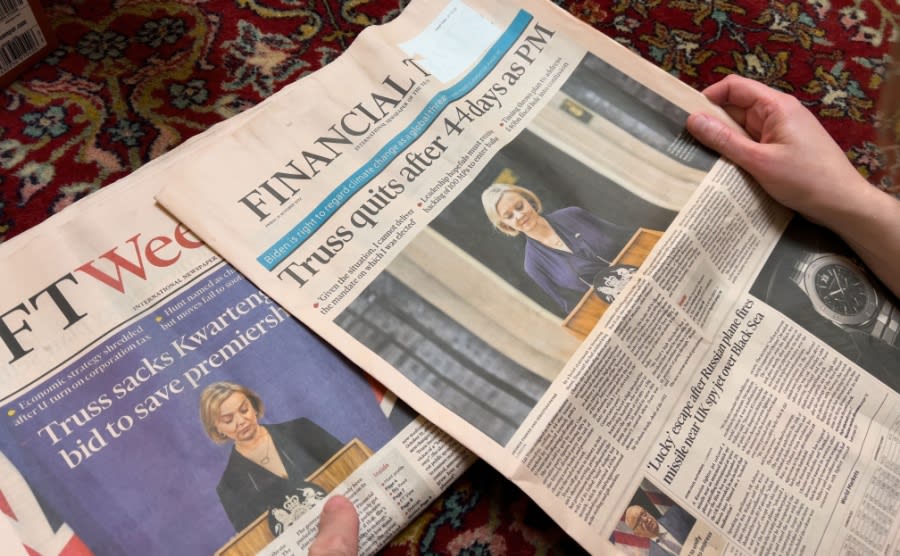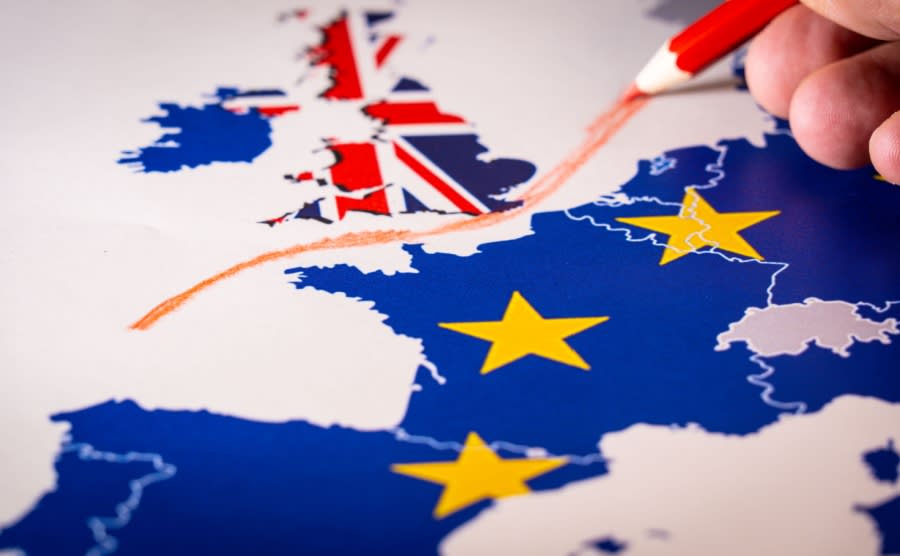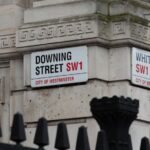If you’ve ever transferred a large sum of money overseas – whether to buy a home or other big-ticket item – or had to make lots of regular payments – you’ve probably noticed how much your timing can affect what you actually get.
Exchange rates don’t just fluctuate day to day. Over the past 25 years, they’ve lurched dramatically in response to everything from political upheaval to pandemics. For those making large purchases abroad, that volatility can translate into thousands gained or lost.
Understanding what drives those swings isn’t just an academic exercise. It’s key to protecting your budget and avoiding unpleasant surprises. Here are five of the most significant risks to your exchange rate, seen through the lens of real-world events.
1. Political drama and uncertainty
There’s nothing markets dislike more than uncertainty – and politics offers it in abundance. When government policy, leadership or direction is unclear, or lurches into a different direction, confidence in the economy tends to falter and the pound often follows.
The clearest example in recent memory is the Brexit referendum. On the day of the vote in June 2016, the pound was trading at over 1.30 against the euro and around 1.49 against the US dollar. Within 24 hours of the unexpected Leave result, sterling had dropped to 1.20 and 1.33 respectively. That was just the beginning. The years of negotiations, elections, and shifting Brexit positions kept the pound subdued for years.

Political upheaval can hit your exchange rate (Hadrian / Shutterstock.com)
More recently, in autumn 2022, the now-infamous mini-budget under Liz Truss sent markets into turmoil as investors lost faith in the UK’s fiscal direction. The pound dropped to a record low of $1.03 before recovering after a swift reversal of policy and leadership.
2. Central bank decisions and interest rates
The Bank of England plays a pivotal role in where the pound goes next. Raising interest rates tends to strengthen sterling, as higher returns attract global investment. Cutting them usually does the opposite.
Back in 2007, UK interest rates sat at 5.75%. At the time, GBP/USD flirted with 2.00 and GBP/EUR hovered around 1.45. But as the global financial crisis hit in 2008, rates were slashed to historic lows. The pound followed suit, with GBP/USD falling to 1.38 by early 2009 and GBP/EUR slipping under 1.10.
We’ve seen the inverse in recent years. As the Bank of England began hiking rates to tackle inflation in 2022 and 2023, sterling found some support – although concerns about recession have at times offset those gains. It’s a delicate balancing act, and markets watch every hint from the Bank’s Monetary Policy Committee for clues.
3. Economic shocks, from recessions to pandemics
Big-picture economic events – especially the unexpected ones – can shake currency markets. The 2008 financial crisis and the 2020 pandemic both triggered sharp declines in sterling.
In late 2008, as UK banks faced collapse and global credit froze, the pound fell dramatically. Against the dollar, it lost over 30% in just six months. The speed of the drop caught many off guard, particularly those mid-way through overseas transactions.

Brexit had a profound impact on the pound
Then came COVID-19. As global lockdowns began in March 2020, the pound plunged again. GBP/USD dropped from above 1.30 to 1.15 in a matter of days. Even GBP/EUR, usually more stable, dropped below 1.08. Panic buying of dollars, seen as a ‘safe haven’, intensified the pressure. For British buyers abroad, that meant significantly less buying power overnight.
4. Market sentiment and global risk
Sometimes, it’s not data or decisions that move the markets, but sentiment. Currency traders respond to expectations – what they think might happen – often well before events unfold. That means even rumours or tone shifts in speeches can move the needle.
Elections are a good example. The 2010 general election, which resulted in a hung parliament, weakened the pound due to fears over unstable coalition politics. In contrast, the 2019 general election brought a stronger majority for the Conservative Party and briefly boosted sterling on hopes of clearer Brexit direction.
Beyond the UK, broader global risk trends can push the pound around too. Escalating tensions in Ukraine, volatile energy prices, or trade disputes can drive investors to ‘safe’ currencies like the US dollar or Swiss franc – often at sterling’s expense, even if Britain isn’t directly involved.
5. Timing, psychology and the herd effect
The fifth risk is perhaps the most personal: how and when you choose to move your money. Because unlike house prices, exchange rates change not just from week to week, but minute to minute. Most people don’t have the time (or desire) to watch charts all day, so they act on instinct – or worse, wait too long.
During moments of rapid market change, the “wait and see” approach often backfires. In March 2020, some buyers held off sending money abroad for a property purchase, hoping the pound would recover in a few weeks. Instead, it dropped further. Others who had secured a rate in advance were able to proceed as planned.
That’s where forward contracts can be useful. By locking in a rate for a future transaction, you gain clarity and avoid the last-minute scramble. It’s not about trying to outsmart the market – it’s about removing guesswork.
What to take away from all this
If there’s a golden thread running through the past 25 years, it’s this: volatility is normal. The pound has never been particularly stable, and there’s no sign that will change. But large purchases overseas don’t have to be a gamble.
It’s not about predicting the future, but protecting yourself from the worst of it.
A bit of planning goes a long way. If you know you’ll be transferring a substantial sum – whether to pay a property deposit, transfer an inheritance or even bring your wealth back from overseas – it’s worth speaking to a currency specialist early on.
At Smart Currency Exchange, we help clients fix rates in advance, set up alerts, and make the most of their timing. It’s not about predicting the future, but protecting yourself from the worst of it.
Because while you can’t control elections, pandemics, or central bank policy, you can control how exposed you are to sudden changes. And when you’re dealing in six-figure sums, that peace of mind is worth more than you might think.





















